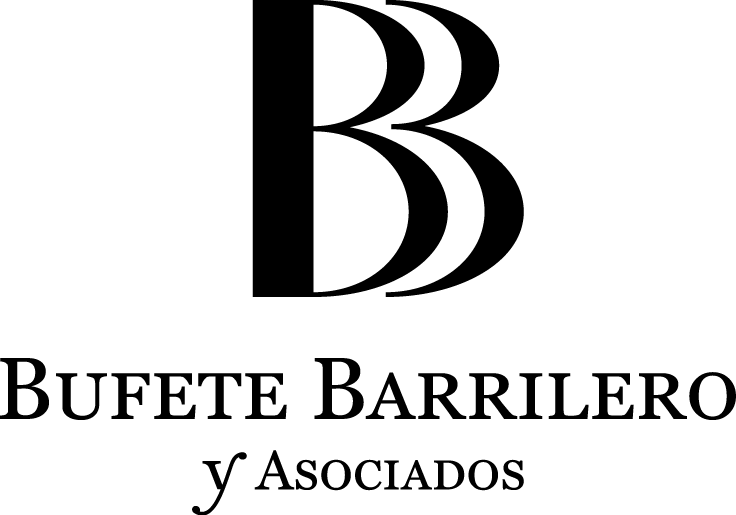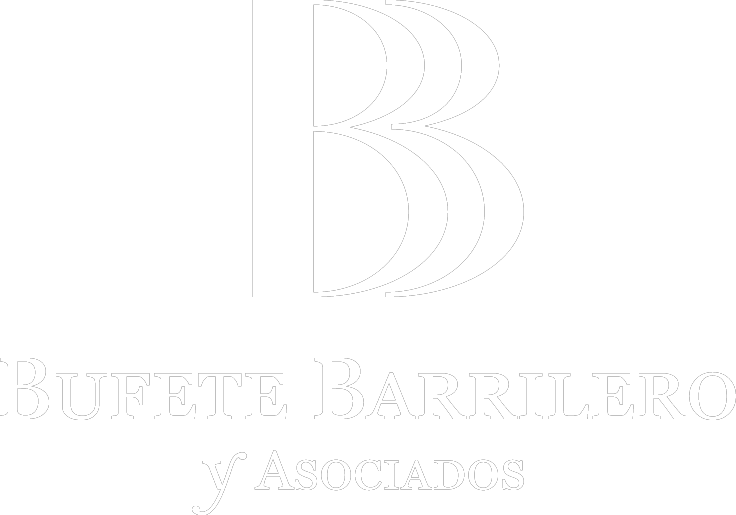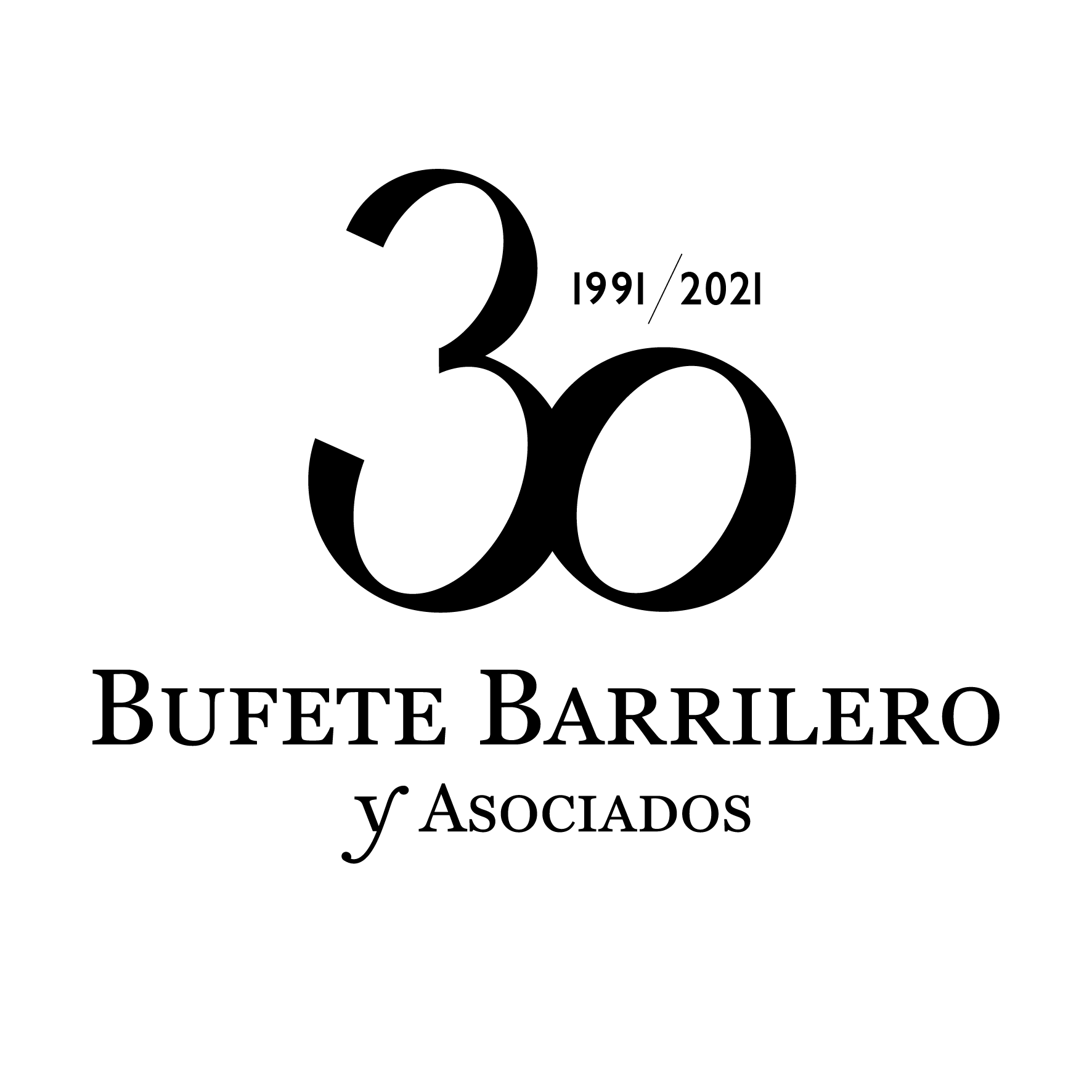María Lacabex Prado
TAX LAW DIVISION
This is precisely what the Spanish Supreme Court expressed in its recent judgment, STS 1201/2025 of 29 September, in which it rules out the possibility that the Tax Administration may have a “third attempt” after the annulment of two tax assessment acts.
The Supreme Court upheld the appeal filed by three taxpayers concerning the Inheritance Tax, overturning a previous ruling of the High Court of Justice of Galicia. The events date back to 2014, when the regional administration carried out an initial valuation review and issued the corresponding tax assessments. These were appealed by the taxpayers, and the Regional Economic-Administrative Tribunal of Galicia (“TEAR”) annulled them for lack of reasoning, ordering the procedure to be restarted so that new, properly justified decisions could be issued.
In executing that decision, the Galician Tax Agency (“ATRIGA”) issued a second set of tax assessments. However, ATRIGA itself declared the expiry of that procedure and chose to initiate a new one, this time through a limited review, which led to a third set of assessments. The judgment now under review partially overturned these latest assessments and ordered that new ones (a fourth set) be issued, using different valuation criteria and establishing a new amount for household goods.
The Supreme Court has determined that this course of action, based on issuing successive assessments, does not comply with the law. The Court reiterates and reinforces its prior doctrine, holding that such conduct violates fundamental principles such as good faith, legal certainty, administrative efficiency, and the prohibition of abuse of rights.
This judgment also seeks to establish binding case law aimed at strengthening legal certainty by clarifying and limiting the concept of the “double shot” rule (doble tiro). This rule allows the Administration to issue a new assessment replacing one previously annulled, but only subject to certain limitations: without restarting the entire procedure or supplementing its investigation, within the statutory time limits, provided that the claim has not prescribed, and without worsening the taxpayer’s situation or repeating the same errors.
This legal doctrine of the “double shot” is grounded in respect for the limits of administrative procedure and the principle of res judicata, whether administrative or judicial. It establishes that, once a second resolution has been issued, the Administration cannot continue issuing new assessments or similar acts in an attempt to correct earlier mistakes, whether formal or substantive. “The Administration cannot be granted an indefinite opportunity to repeat burdensome acts until it finally gets them right, to the detriment of citizens.”
With this ruling, the Supreme Court reminds the Administration of its obligation to act in accordance with the principles governing the rule of law, such as legal certainty, proportionality, and the prohibition of abusing rights, among others. As a public entity at the service of citizens, its actions must be guided by the public interest and cannot be justified by improper or repeatedly defective conduct. In this respect, the Court rejects any attempt to legitimize a supposed “right to error” on the part of the Administration, much less the notion that it may err continuously without accepting any consequences. The principle of accountability and the requirement for rigor in the exercise of public powers are, ultimately, unavoidable.
The Supreme Court clearly indicates that the absence of legal consequences for repeated errors or negligence in administrative activity cannot become normalized, particularly when such mistakes harm the rights of taxpayers. The Court recalls the old legal maxim: “no one may benefit from their own mistakes,” not even the Tax Authority.


